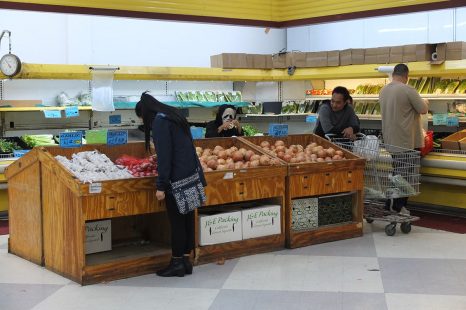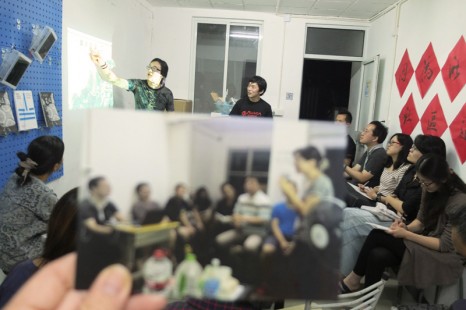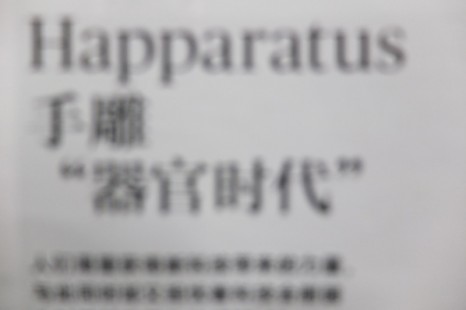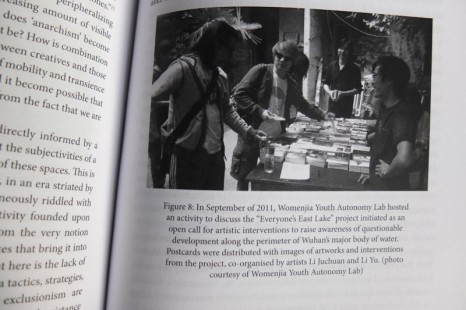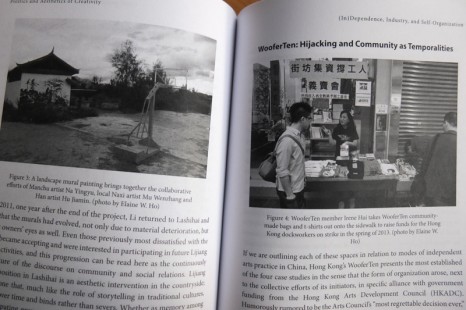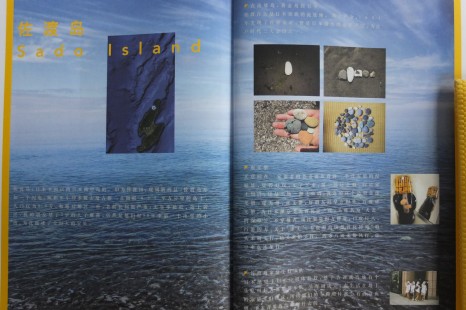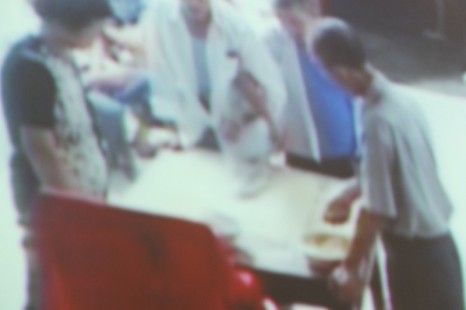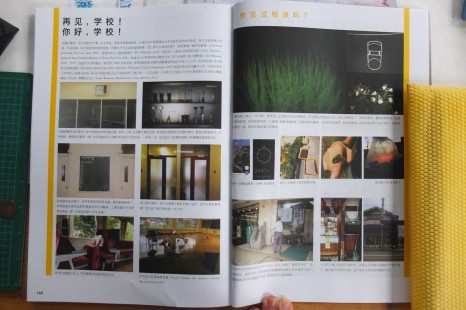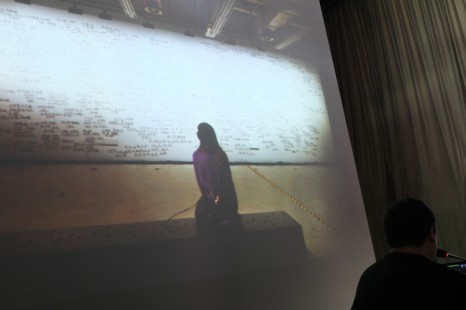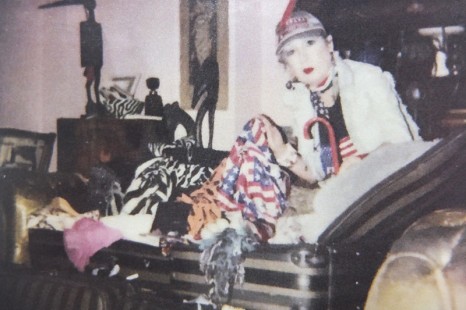small scream peeling onions on the eve of all saints
Posted by 丫 | reply »it was our dream come true


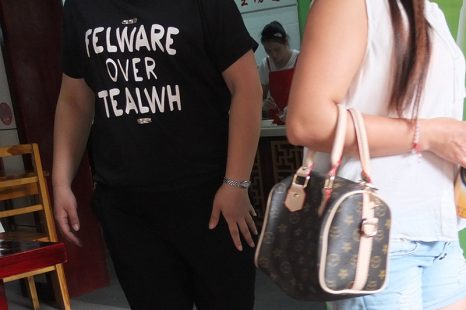
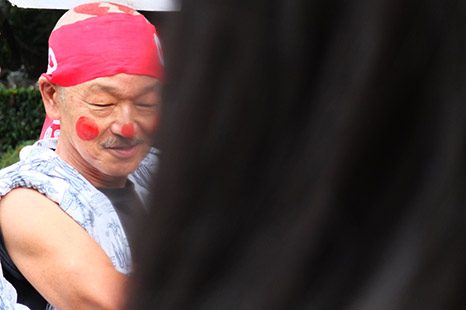
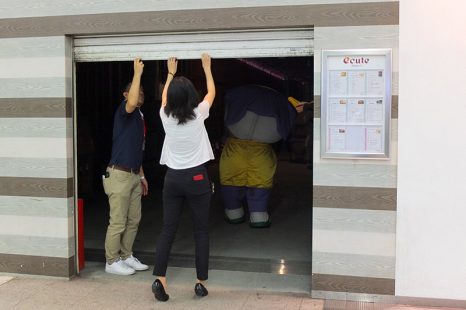
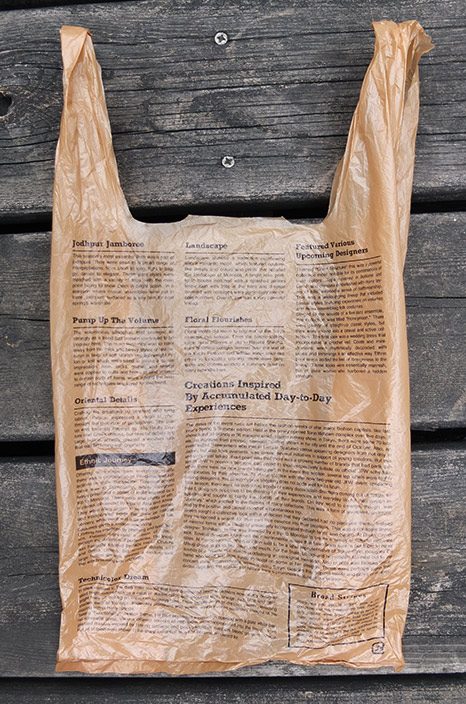

before and after the mooon, a process of reading and writing
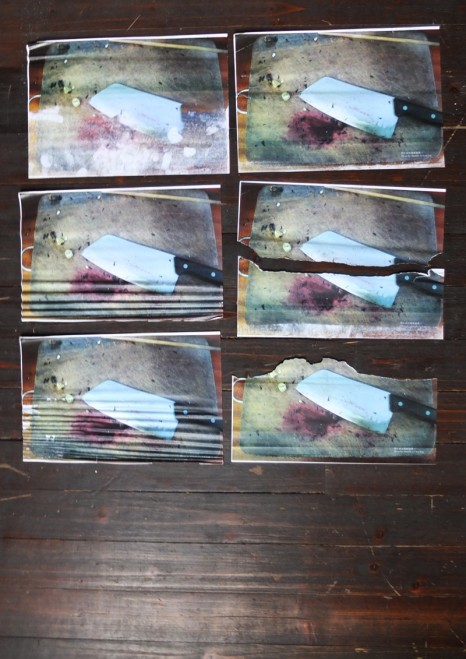 about one month ago, these knives killed the photocopy machine. i was unsettled where they ignored and just kept on working. and then just a few days ago, the moon sliced my computer in two. in all of these aftermaths, yes——”keep working”, they said. though i was thinking of you.
about one month ago, these knives killed the photocopy machine. i was unsettled where they ignored and just kept on working. and then just a few days ago, the moon sliced my computer in two. in all of these aftermaths, yes——”keep working”, they said. though i was thinking of you.
————————
————————
————————
Posted by 丫 | reply »“Visibility makes bare the conflictual nature of autonomy.”
“Visibility makes bare the conflictual nature of autonomy.”
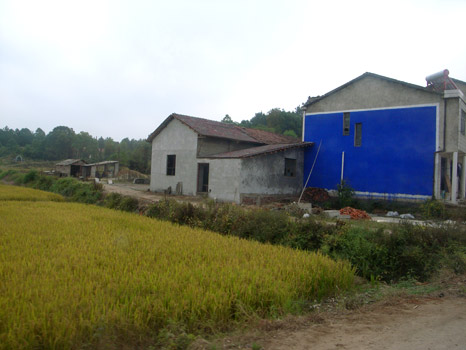

I don’t remember anymore exactly what context these words were written, random scribblings here and there, nowhere near as precise as her drawings, my notes having lost their specificity in time and space——depending upon one’s mood, everything can be about art or love or politics. The truth of that is an X-X-X, or “cha cha cha“, as she says, and even if i didn’t want to teach anybody anything, words fall out sloppily and ego still wishes for someone to pick them up.




“Visibility makes bare the conflictual nature of autonomy.”
I write it down because i don’t know who you are, or perhaps that’s merely a reflection of how little i know myself. Our togetherness isn’t really about a specificity in time and space, so there was no need to ask for visibility in the first place; we could accept speed, the vaguenesses of motion, non-places and all that sort. And why, would that invisibility make us more connected in some way, as if we could melt into some general idea, the seamlessness of an a-history? “Let’s not leave any traces,” I remember thinking, but my, now isn’t that sloppy.


Autonomy was seldom and always the question. Even in art, love, politics and science, like cha cha cha, it was actually the struggle of a singularity, call it human, but this singularity was much more a plea, a collective bargain, only yeah, maybe without singular demand. To be seen is not the same as being heard, and if we tried merely to subsist, voiceless for centuries, would that mean we were toiling backwards, trapped or free? She said today, “It would be very difficult to leave, being born into this kind of life, and if we did, it would be very difficult to come back.” I thought of the freedom of precipices, another dramatic moment, that articulation such that we are changed yet again, forever. What does it mean to be heard?

Are we co-conspirators, simply because you see me; what makes this withness, and if love is the thing to turn anyone into people, what holds us together and must we stand apart from everyone else? There are wars in politics, disagreements in science, revolutions in art. But love is both an anyone and a people, constantly exchanging identities, on a precipice. I see you…
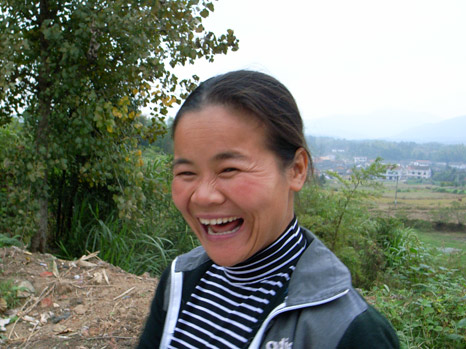 —all images taken Autumn 2011 from 张谷英 Zhangguying, Hunan Province
—all images taken Autumn 2011 from 张谷英 Zhangguying, Hunan Province
archival stuff: the elbows
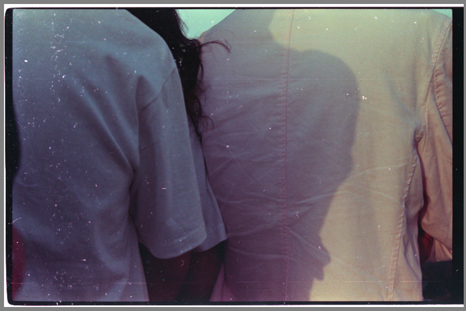
pending other posts, possible posts, about loss and grounding, and journeys, and drifting, always drifting, of course. an old image from the last days with the scanner at 12 warmington tower. i left london for beijing the day after. to return and to leave. a last one from this series before the year ends. this series that brought together and parted. a conversation with the silence of one. a silence that had started then and is still a silence today. before the year ends. the elbows. the scratches are from a long bout of forgetfulness resulting in negatives and prints being left at the konica place on dongsinandajie for nearly a year. upon returning i had still forgotten and was lucky that the staff had still remembered. scratches possibly from the tea flask of the guy with glasses, or a pair of scissors, an ice-cream wrapper, a pencil, the edge of the drawer, a quick doodle of a bunny rabbit, a paper clip, shopping or to do lists, an enlargement order, the order of a ballerina portrait to be printed on stone, slate stone, or bassie en adriaan or weiwei and her husband who also grace the interior of this store. not far from tiananmen. tiananmen. we spoke of tiananmen today. here. away. “yeah, you know that market, behind there, behind tiananmen square.” “i can’t remember the name.” “the wholesale one.” “no, not tianyi.” “just a second, let me ask.” ….”xidan.” “i went back in august this year and bought loads of things there.” “there was this handbag i bought and everyone here thought it must be over a 1000 dirhams or something but it was only 70 kuai.” we speak of inflation at the dinner table. the elbows. the elbows resting on the edge. the elbows of a you i have left. a you who was not there on this day. a you who’s elbows are in a far darker place than merely the shadow cast upon us by someone standing behind.
Posted by a | more »sunday

walking around a new city on a sunday morning, thinking about cakes and the lives you will never live. getting lost. it’s raining and the sloping roof of the opera house makes you miss architecture. a scone with fruits and nuts, the king riding by.
Posted by f | more »Zürich night
Photo courtesy of Nic Shepherd
Some 15 minutes after having been abandoned at the Perla Mode by an American living in Zürich, I found him again at another opening at a small exhibition space called Les Complices. He made some comment about how I was typically Canadian because of the desire I expressed (which admittedly had structured my last 5 years) to keep going out rather than back to North America. I had not assigned value to my statement, and in my view it could indeed be taken as a lack of control and capriciousness. The space, which had a DJ playing, was a queer art space. I was not sure if my jocular, drunk brotherness was appreciated, and I was in the mood to joke. Out front one of the drunk women, who turned out to be a Canadian from Montreal, tried to convince her acquaintances to go out to a non-gay place to dance. She appeared to be quite drunk, and unless I was mistaken, the other two were not very fond of her. She had pimples. The other two returned to their friends inside and I was left, so she asked me and I thought, why not, I’d like to go dancing. We walked arm in arm down the street to a place right on Langstrasse. She joked with the bouncer who tried to remain stern, they were obviously familiar with each other, and it made me feel that this was a small town. Inside it was hip hop night, and various large men rocked back and forth in the red velvet surroundings. She knew someone (although they claimed they hadn’t known each other before) and they began talking. She asked me to buy her a drink, but I really had no money on me. This other girl seemed to be looking for someone to go home with. They asked me if I wanted to fuck, said that it was what everyone in the room wants. I joked that I was a virgin and the girl believed me, appeared to take pity on me, which made me uncomfortable – when I retracted the statement she asked me what kind of lover I was. I motioned to some of the large men standing near the turntables “maybe they want to fuck.” She considered this and went to see about it. When the lesbian’s back was also turned I used the opportunity to slip out the front door with my backpack on. I walked home along the vacant street car lines. I kept thinking of the girl’s sad expression when she said she came to the bar quite regularly, but no one had interest in fucking her. It made me kind of sad too.
[courtesy of Michael Eddy, October 2009]
Posted by secretary | reply »all that glitters
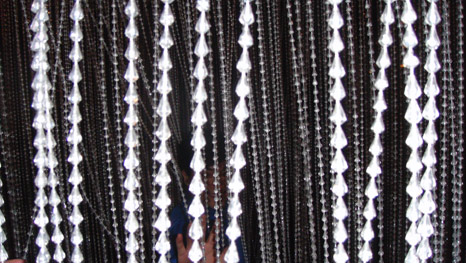 (for 邓利、杨鸽、陈延娜 and 陈芳,on participation and parting)
(for 邓利、杨鸽、陈延娜 and 陈芳,on participation and parting)
In an exergue to the collection of poems she entitled Requiem, Anna Akhmatova recounts how her poems were born. It was in the 1930s, and for months and months she joined the line outside the prison of Leningrad, trying to hear news of her son, who had been arrested on political grounds. There were dozens of other women in line with her. One day, one of these women recognized her and, turning to her, addressed her with the following simple question: “Can you speak of this?” Akhmatova was silent for a moment and then, without knowing how or why, found an answer to the question: “Yes,” she said, “I can.”
As Agamben notes, “I can” here does not mean a conviction of the possession of certain capacities that guarantee success in ‘describing’ the indescribable, but a radical acceptance of “the hardest and bitterest experience possible: the experience of potentiality.”
What is set upon the stage for potentiality, where “speech”, but also a refusal to speak can take place? Where do our bodies take us that our words do not? What transitory epics are written in the face, the things that tell you to wait, to feel, to know that this mess we’ve created is greater than ourselves?
things will change soon. i know it. to say, “i wish i could describe it to you better” is to turn around the thing, over and over and over again. like words, nearer and nearing to meaning, wavering infinitely close, proximitous without sameness. Can we speak of these unnameable spaces in between the named? Can you describe them, will you ever know that silence with me here, a glittering in darkness, a deafening roaring?
(partial text and thoughts from Giorgio Agamben, Potentialities, and Where Everything is Yet to Happen; photo from OVERSEAS, close by)
Posted by 丫 | reply »